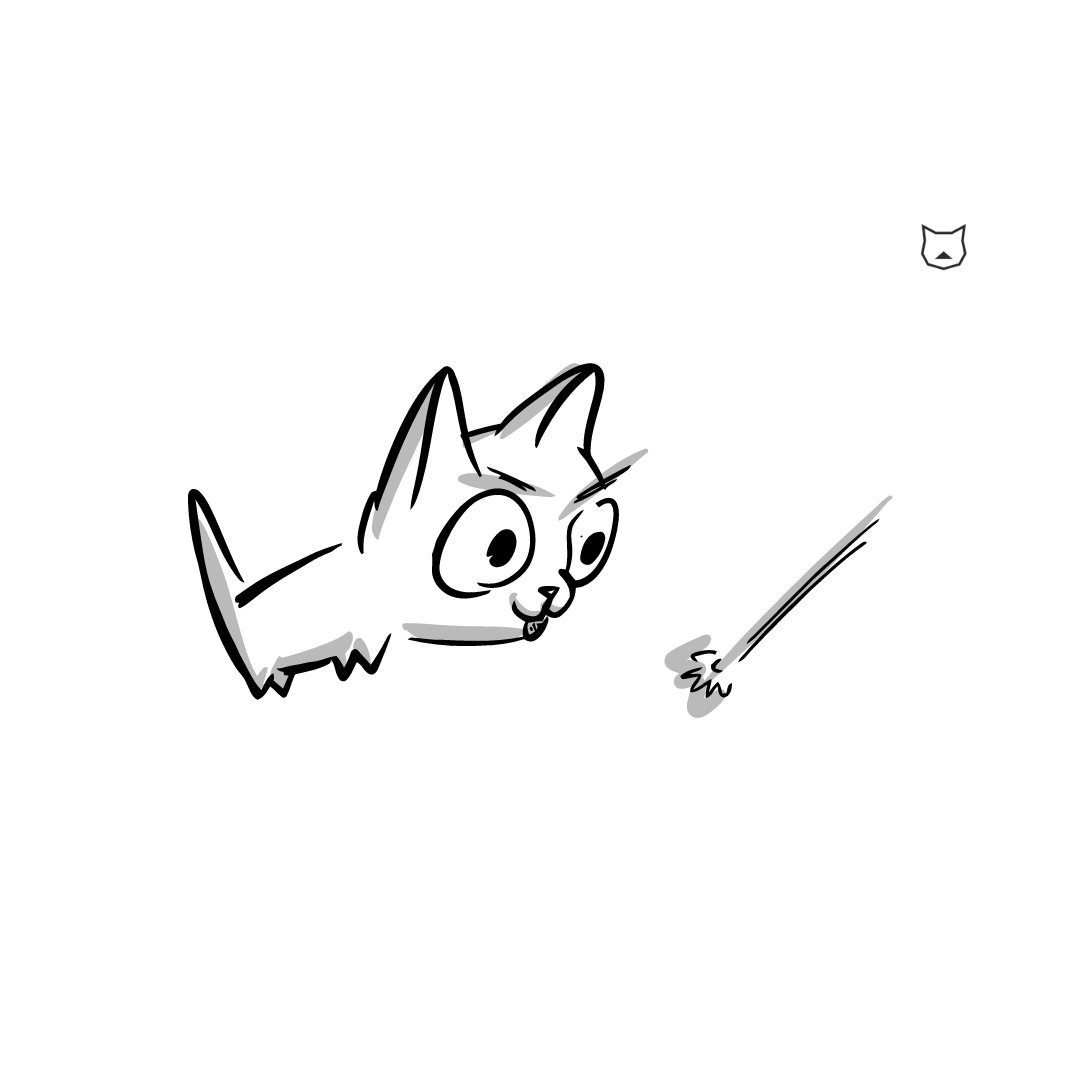A domestic cat cannot be vegan. Cats are obligate carnivores, which means their bodies are biologically adapted to consuming meat. Their diet must include specific nutrients that naturally occur in animal products and cannot be provided in sufficient amounts through a plant-based diet.
Key Nutrients:
- Taurine: This is an amino acid that is absolutely essential for cats but is not present in sufficient amounts in plants. A deficiency in taurine can lead to serious health issues, such as blindness, heart disease (cardiomyopathy), and immune system problems.
- Vitamin A: Cats cannot convert beta-carotene (provitamin A) found in plants into active vitamin A in sufficient amounts. They need to obtain preformed vitamin A from animal products, such as liver.
- Arachidonic acid: This is a fatty acid that cats must obtain from their diet, as their bodies cannot synthesize it from plant sources.
- Protein: Cats require large amounts of high-quality animal protein to maintain their health. Plant-based protein sources are neither sufficient nor appropriate in terms of amino acid profile.
Risks Associated with a Vegan Diet for Cats:
A vegan diet for cats leads to severe nutritional deficiencies that can result in numerous health problems, such as anemia, liver disease, vision disorders, immune system weakening, and skin issues.
Alternative Approach:
If you are a vegan or vegetarian and have a cat, it is important to accept that cats have different dietary needs. You can strive for ethical solutions, such as choosing pet food that sources ingredients from humanely raised animals or using foods that minimize environmental impact.
In summary, cats cannot be healthy vegans due to their biological needs. Caring for a cat’s health and well-being means providing them with an appropriate, balanced diet based on animal products.




